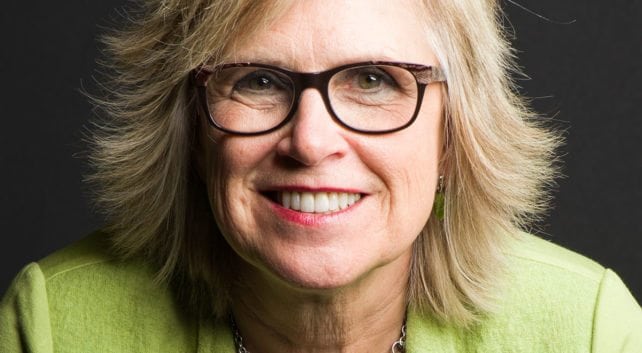- sales
- Blog post
Does your sales culture celebrate failure?
Last month, I had an interesting conversation with best-selling author Jill Konrath and several hundred sales leaders. Our topic was how to get salespeople out of their comfort zone.
That’s a perennial thorn in the side of sales managers, who know that even when the need for change is dire, some salespeople will be unwilling, or incapable of, changing what they do. Konrath offered lots of practical ideas about how to overcome the all-too-human tendency to stick with what feels comfortable. One of the most compelling, I think, is to create a sales culture that celebrates failure.
Nobody likes to fail. What makes failure even worse for salespeople is that their failures are documented, measured and often made public. “Why didn’t we get that account?” the sales manager asks. Or, “Why did you project a $20,000 sale and only come back with $5,000?”
Those are legitimate questions when you have a business to run, but they put salespeople on the hot seat. So is it any surprise that salespeople avoid a failure, even if it means they’re missing opportunities? From their perspective, it may be better to get predictable, though middling, results, than to aim high and miss.
To change that calculus, Konrath argues, managers and organizations need to put a positive value on failure. Change doesn’t happen without failure, so an organization that wants change needs to embrace failure.
In her book Agile Selling, Konrath tells the story of Sara Blakely, the CEO of Spanx and the world’s youngest female billionaire. Blakely traced a large part of her success to a question her father asked every evening at the dinner table: “What did you fail at today?”
That’s a question you might want to ask your salespeople.
Here are some other ideas on how to create a culture that celebrates failure:
Turn failures into challenges. For example, if a sales rep tries a new prospecting technique and doesn’t get results, don’t define that as a failure. Define it as a challenge. “So the first attempts at change didn’t pan out — that’s great news. Now we can figure out what didn’t work and what we need to tweak.”
Create shared responsibility for success and failure. A salesperson who tries something new and fails has truly taken one for the team. Every other person on the team stands to learn from, and profit by, that experience. So the team needs to give back. Get the entire team involved in trying out new ideas and acknowledging the efforts of those who push the envelope.
Don’t manage just by the numbers. A salesperson who tries something new and struggles is a lot more valuable than a salesperson who won’t take a chance but turns in steady sales. If your most visible measure of success is the monthly sales report, don’t expect people to take many risks.
Model the way. No doubt there have been times when you’ve tried at something and failed. Every successful person can point to spectacular failures, and how such failures have ultimately helped them get better. Share your own history of failure with your reps to give them the courage to fail themselves.
If you’d like to get more ideas on how to kick salespeople out of their comfort zone, you can listen to my conversation with Jill Konrath below:

Get a demo of all our training features
Connect with an expert for a one-on-one demonstration of how BTS Total Access can help develop your team.



